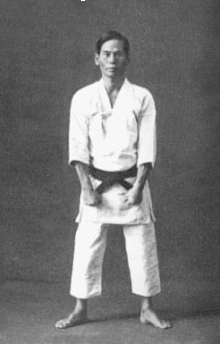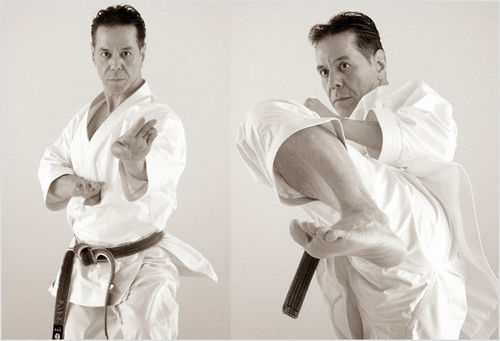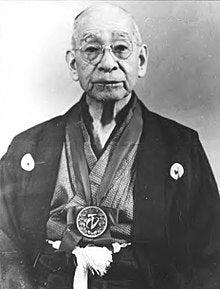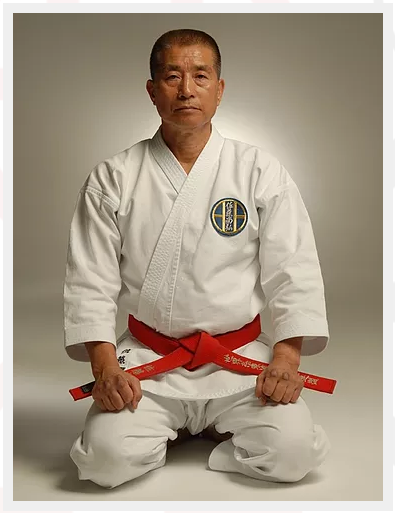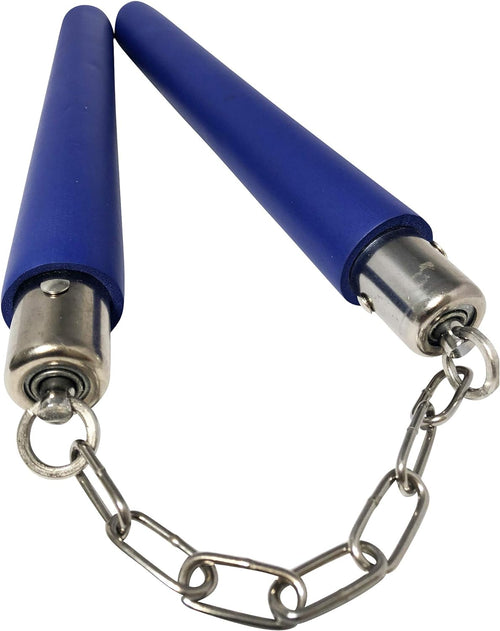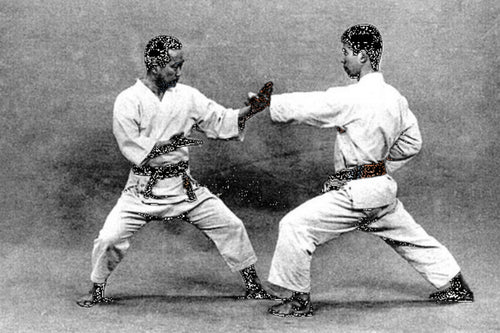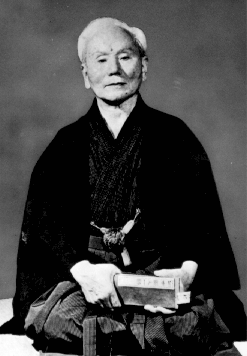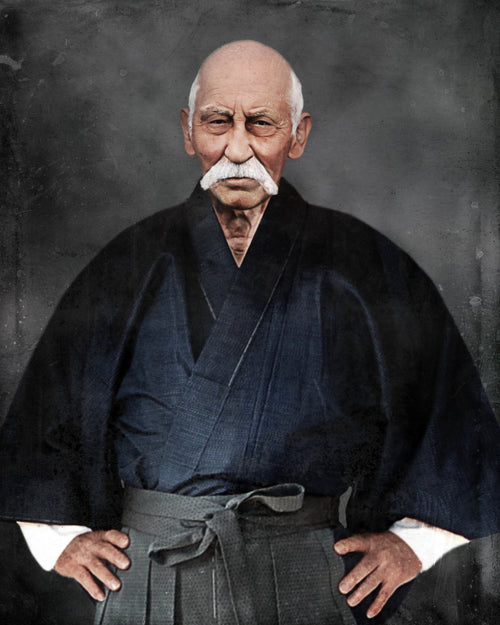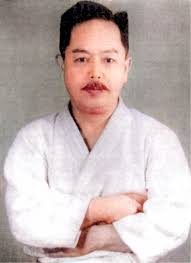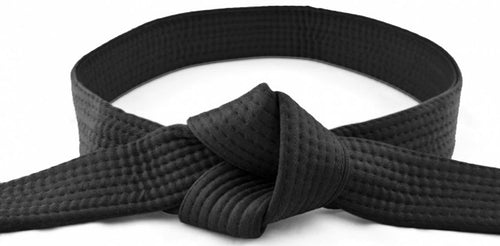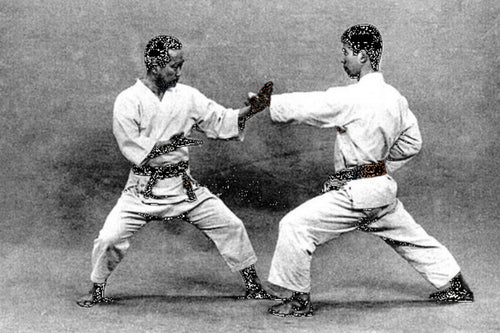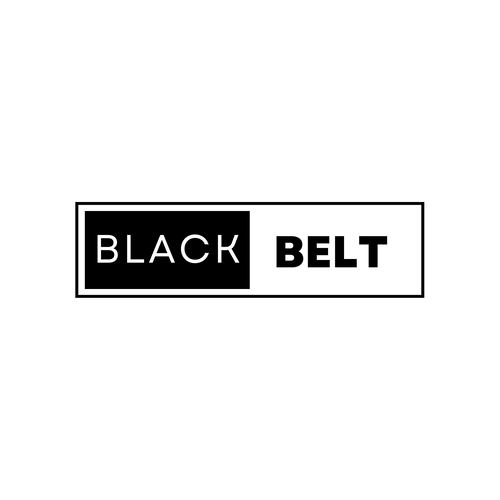As a Karate Sensei with decades of experience in the art, I've heard this question countless times: "Is Karate actually any use in real-life combat situations?" It's a valid inquiry, and one that deserves a thoughtful response. In this article, I will draw upon my extensive knowledge and experience to shed light on the effectiveness of Karate in real-life combat situations.
Karate's Foundation
Karate is not just a collection of punches and kicks; it is a way of life deeply rooted in discipline, respect, and self-control. It teaches practitioners to approach combat situations with a clear mind and a sense of responsibility. These principles are critical in real-life scenarios, as they help individuals avoid conflict when possible and minimize harm when confrontation is inevitable.
The Importance of Striking Techniques
Karate's primary focus on striking techniques equips practitioners with effective tools for self-defense. Precise and powerful strikes, combined with the ability to target vulnerable areas, can quickly incapacitate an opponent. In real-life combat situations, the element of surprise and the ability to strike decisively are invaluable.
Adaptability and Resourcefulness
Karate emphasizes adaptability and resourcefulness in combat. Practitioners learn to use their environment to their advantage, making it a practical choice for real-world confrontations. Whether you're in a confined space or an open area, Karate techniques can be adapted to suit the situation, providing an advantage when facing adversity.
Psychological Resilience
One often overlooked aspect of Karate is its focus on developing mental toughness. Facing larger or more aggressive opponents in real-life combat can be mentally challenging. Karate instills the mental resilience needed to stay composed under pressure, enabling practitioners to think and act effectively in high-stress situations.
The Role of Size and Strength
Size and strength do play a role in combat situations, but they are not insurmountable obstacles. Karate teaches techniques that leverage speed, precision, and technique to neutralize larger opponents. While size and strength can be advantages, they do not guarantee victory.
Real-World Training
To be effective in real-life combat, Karate training must include real-world scenarios and practical application. Some dojos may fall short in this aspect, but a well-rounded Karate program includes situational training, allowing practitioners to apply their skills in controlled, yet realistic, scenarios.
The Versatility of Karate
While Karate may not cover every aspect of self-defense, it offers a versatile skill set that can be combined with other martial arts or self-defense systems to create a holistic approach. Many successful martial artists and self-defense practitioners have a background in Karate.
Conclusion
In conclusion, Karate is indeed useful in real-life combat situations, provided it is taught and practiced correctly. It offers a combination of physical techniques, mental resilience, adaptability, and a strong foundation in discipline and respect. While it may not be a one-size-fits-all solution for every individual or scenario, Karate equips practitioners with valuable tools and skills to effectively protect themselves in the face of adversity.
It's important to remember that martial arts, including Karate, are not a guarantee of success in every situation. Training, experience, and situational awareness all play crucial roles in determining the outcome of a real-life combat situation. Therefore, it's essential to approach martial arts as a lifelong journey of learning and self-improvement.
In the end, the effectiveness of Karate in real-life combat situations depends on the practitioner's dedication, training, and the specific context in which the techniques are applied.





